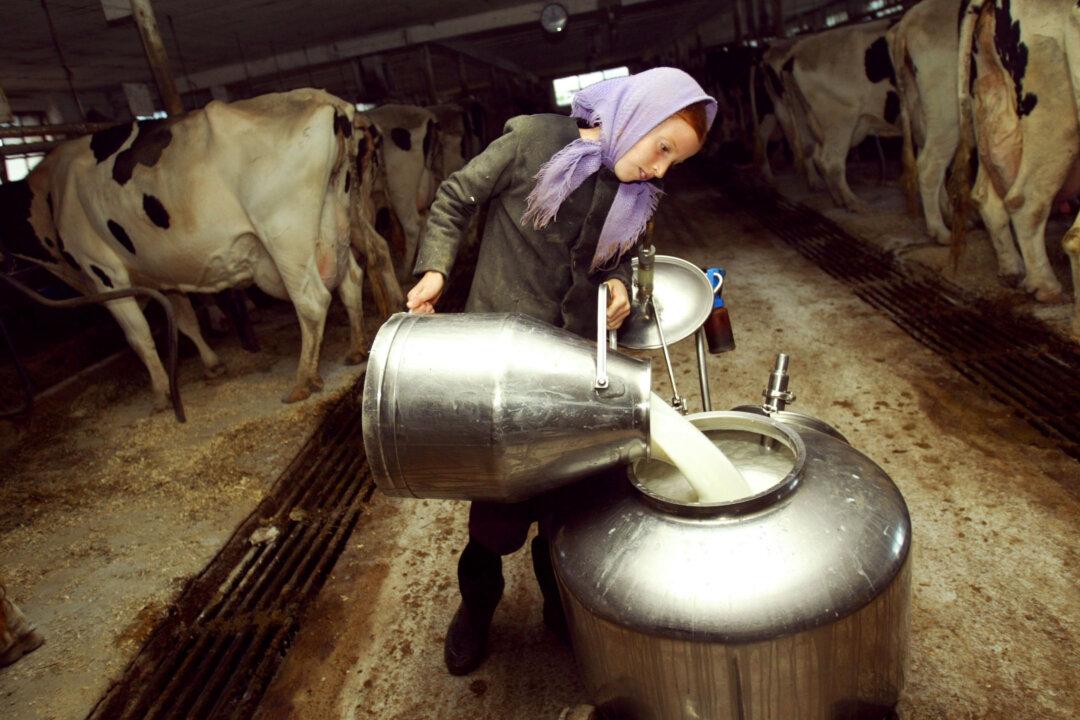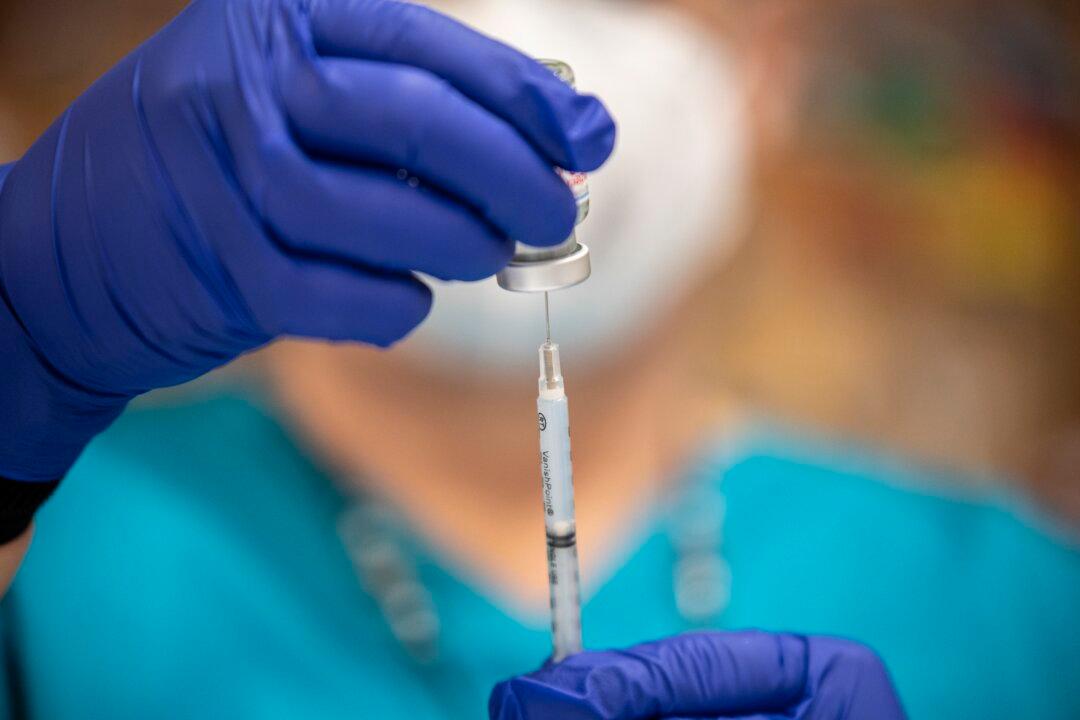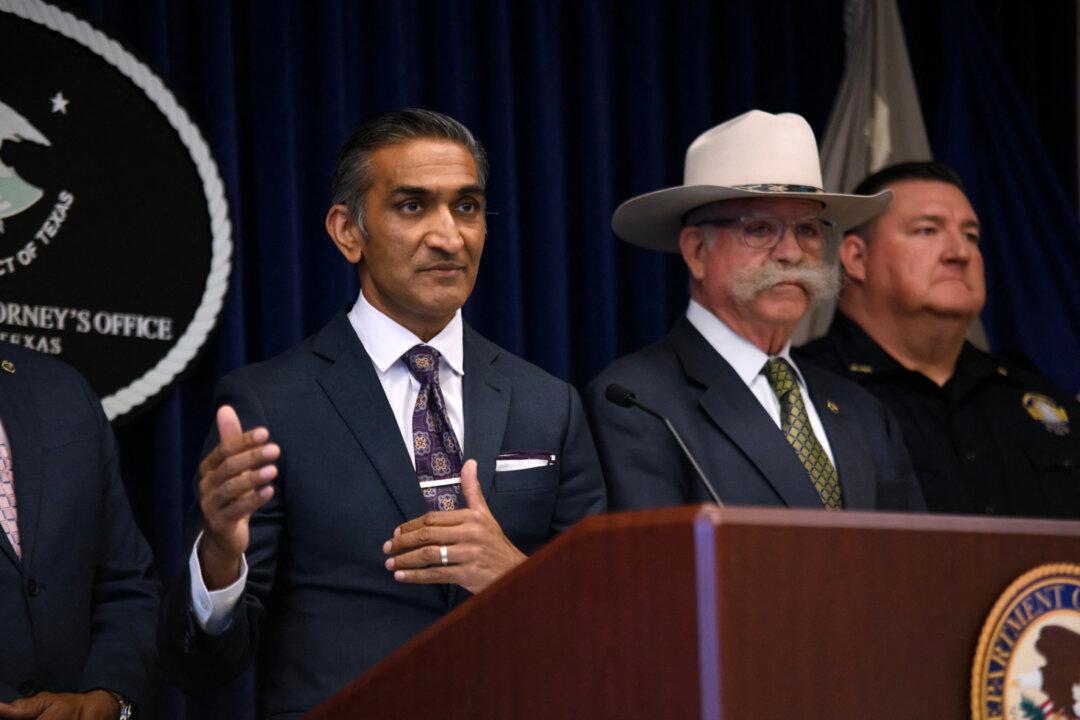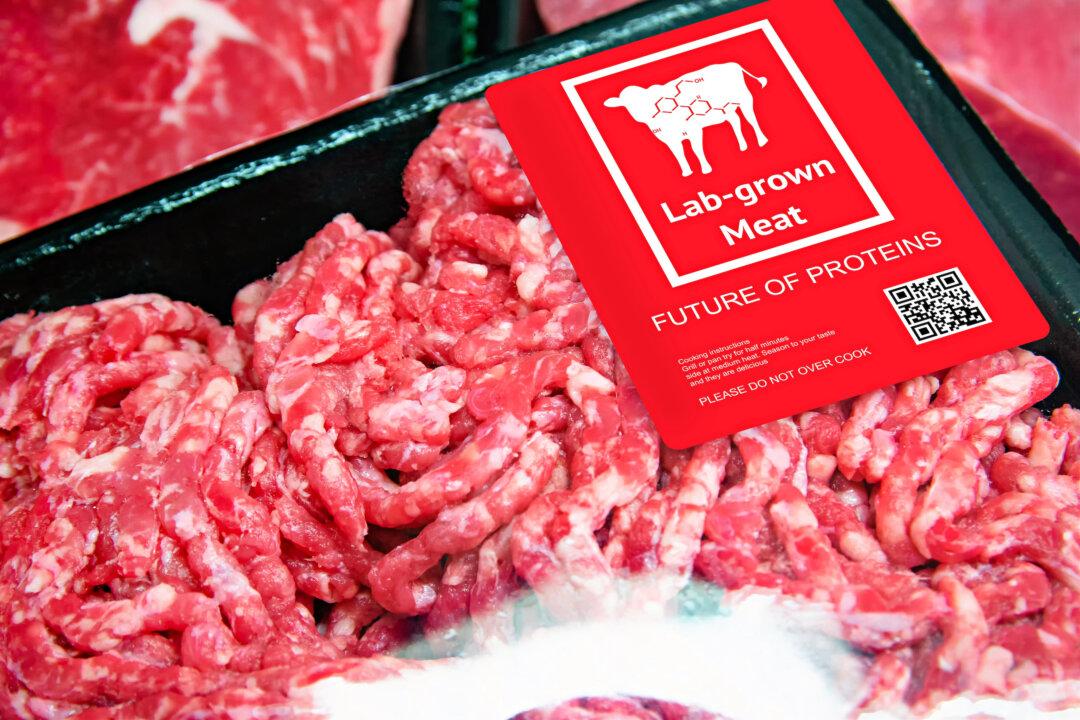An Amish farmer in Lancaster, Pennsylvania, embroiled in a lawsuit by the state’s Department of Agriculture over the sale of his raw dairy products, will once again be permitted to sell his goods across state lines, according to a statement released on social media by his attorney.
“Major win today for #AmosMiller the #Amish farmer,” attorney Robert E. Barnes posted on X, formerly Twitter, on March 19. “Court agreed to modify injunction so that it only applies within the state of Pennsylvania removing the ban on sales to customers outside [the] state.”





